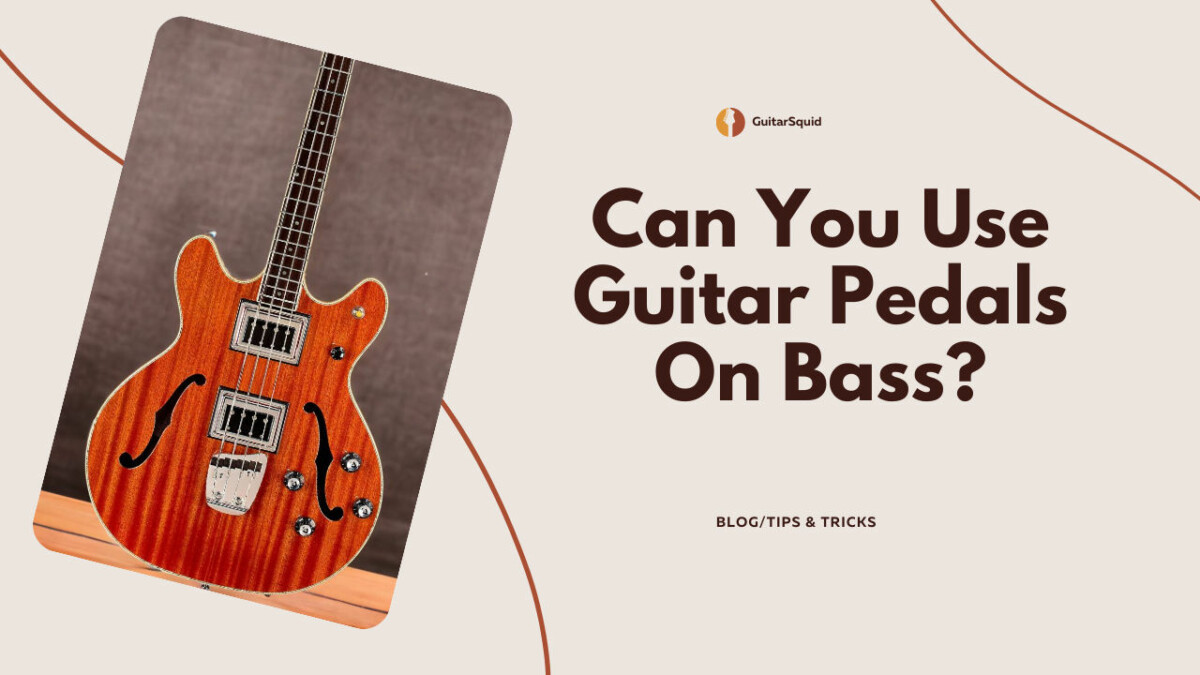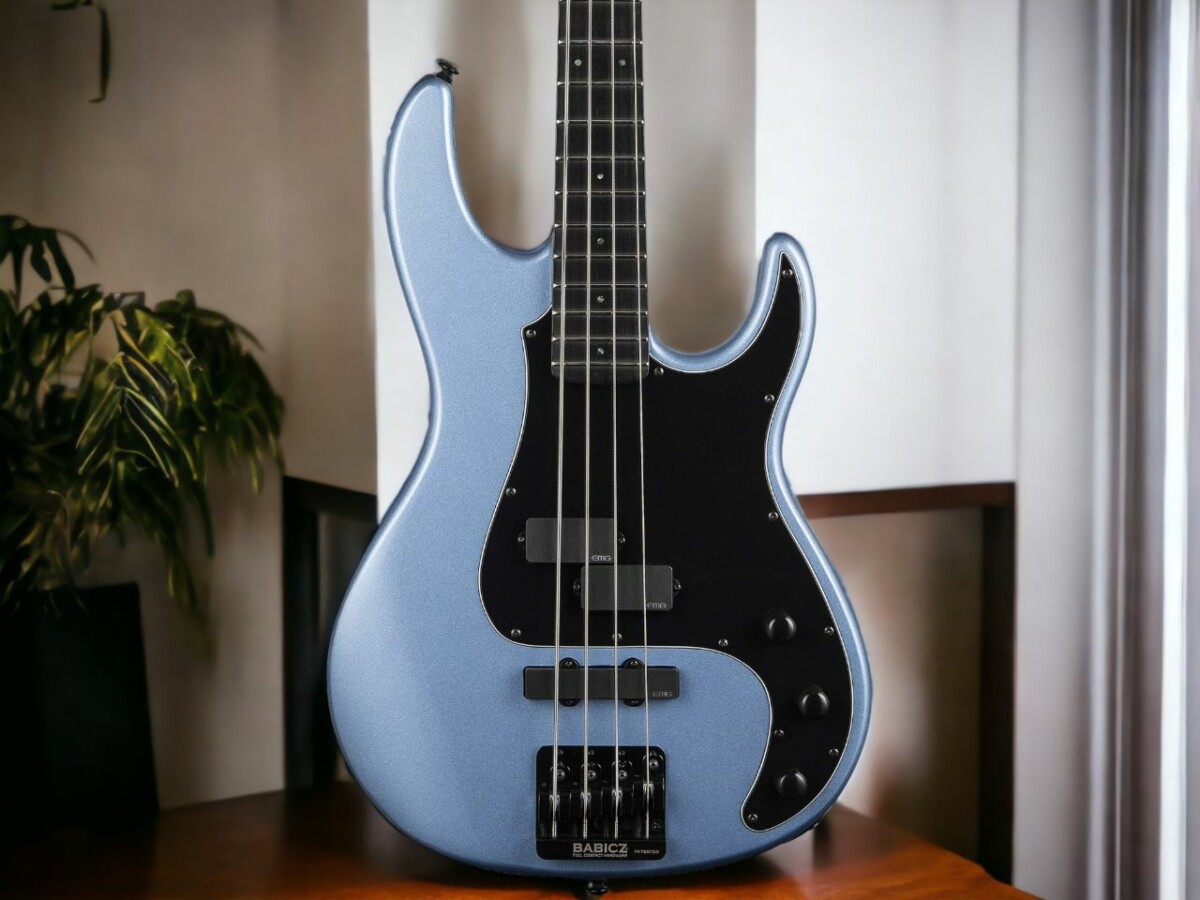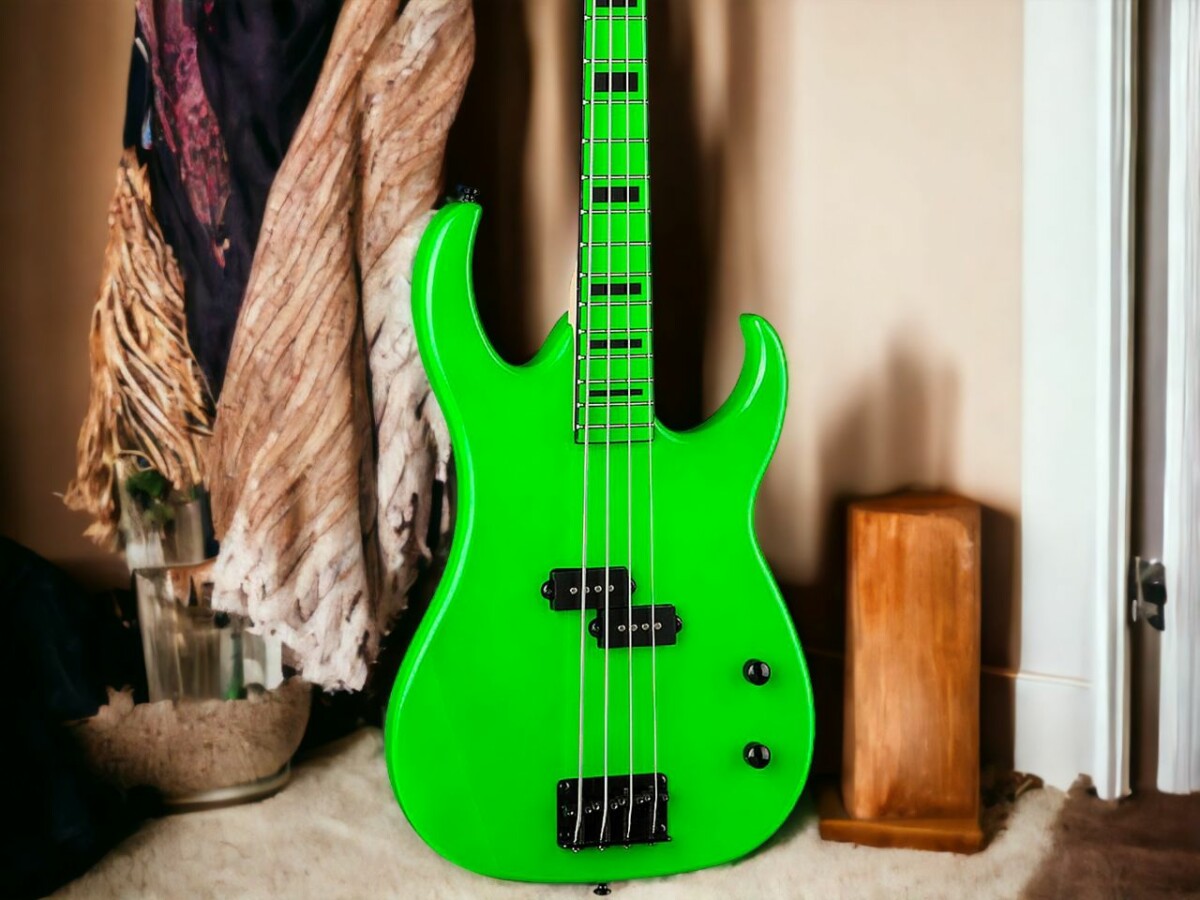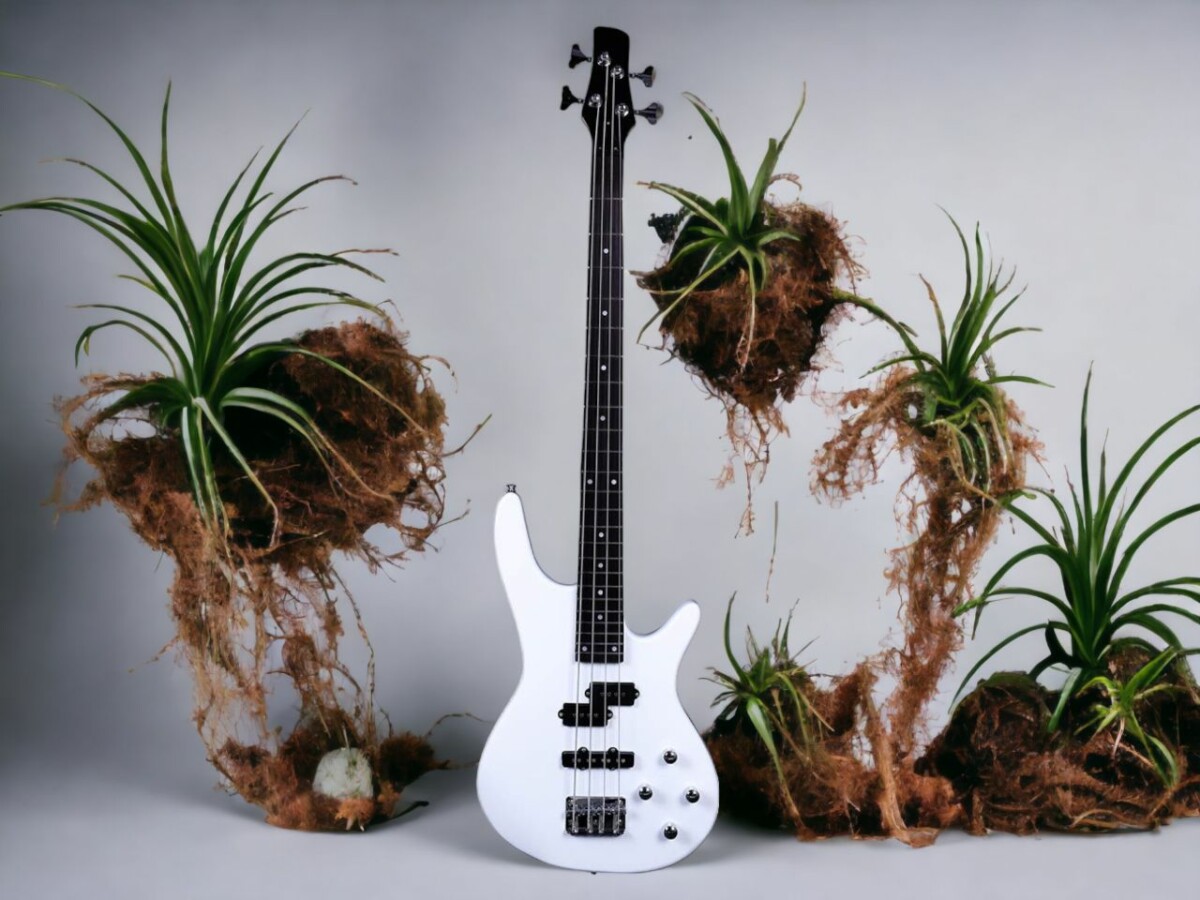You’ve got a handle on your bass, but what about those fascinating guitar pedals? Absolutely, you can use them, but it’s not as simple as it sounds.
Some might result in a loss of those deep, rich bass tones that you love. The trick is in trying out different combinations. Mix clean signals with some grittier ones to maintain those all-important low frequencies.
Look into pedals specifically designed for bass that come with blend knobs. And remember, the most crucial rule in music is to not be afraid of thinking outside the box. There’s no one-size-fits-all solution here.
Compatibility of Guitar Pedals With Bass
First things first – It’s totally possible to use guitar pedals with your bass. Just a heads up though, pedals that are designed specifically for guitars might struggle a bit with the deeper, lower frequencies of a bass guitar.
This could mean you lose out on some of that low-end clarity or punch. So, before you stomp on that pedal, make sure it’s compatible with your bass’s tone!
Understanding how guitar pedals jive with a bass isn’t a walk in the park. There’s a whole lot to think about. But, man, the upsides of using guitar pedals on a bass are pretty rad – they can truly transform your sound, giving you a whole palette of tones and effects to play with. But watch out, there’s a catch. You might lose some of that deep, rich, bassy goodness.
Now, here’s a little trick – pedals with a clean blend knob can help you keep the depth in your bass. It’s all about trying stuff out, finding what works for you. Don’t be scared to mix and match, play around with combinations until you hit that sweet spot.
You could also think about splitting your signal, mixing the clean and effected tones. That could give you a pretty cool, unique sound. But remember, safety first. It’s all good to use guitar pedals with a bass amp, but don’t even think about hooking up your bass to a guitar amp. That’s a one-way ticket to damage city.
Addressing Low-End Loss With Guitar Pedals on Bass
Sure, it’s a fact that slapping guitar pedals on that bass of yours opens up a whole new world of sound exploration. But if you ever consider selling your bass guitar, remember the kind of impact pedals can have on your bass’s sound quality. But hold up, there’s a catch – you might end up losing some of that precious low-end.
Yeah, guitar pedals, especially those gnarly dirt pedals like overdrive, distortion, and fuzz, might just suck out those deep bass vibes. But hey, don’t sweat it, there’s a solution.
Try using pedals with a clean blend knob – a little tweak here and there can help keep your bass’s low-end intact while you’re jamming with effects pedals. Another solid tip is to split your signal – keep one clean and the other distorted. This way, you’re preserving your low-end frequencies while still getting that killer distortion.
And remember, sound is subjective. Don’t stress too much on getting the ‘perfect’ sound. Instead, focus on finding ‘your’ sound. Feel free to experiment and play around until you find what clicks for you. After all, music is all about expressing yourself, right?
Exploring Different Types of Pedals for Bass
Alright, you’ve got the basics down for keeping that bass thump alive and kicking. Now, let’s dive head-first into the expansive universe of pedal types. Trust me, it’s gonna be a sick ride. But first, did you ever wonder, are bass guitars longer? Understanding the dimensions of your bass can also help you understand its tonal characteristics.
- Bass Specific Pedals: Crafted specifically for the unique tonal range of bass, these bad boys ensure your low-end vibes stay intact. It’s like they’re made just for you, bass players.
- *Overdrive Pedals*: Feeling like your bass sound needs a bit more warmth and personality? Overdrive pedals got your back.
- *Compressor Pedals*: Wanna keep your sound’s dynamics in check and maintain a steady output? Look no further, compressor pedals are your best bet.
- Guitar Pedals: They mightn’t be bass-specific, but don’t write them off just yet. You’d be surprised at the innovative pedal combos you can whip up for your bass with these.
- *Distortion Pedals*: If you’re after a grittier, more hardcore sound, distortion pedals are your ticket to that edgy vibe.
- *Delay Pedals*: Fancy adding some echo effects to your bass sound for extra depth and dimension? Delay pedals can hook you up with that.
Techniques to Blend Clean and Dirty Signals
Chasing that dream bass sound, huh? While you’re on the lookout for the right blend, you might also ponder, do bass guitars need batteries? Knowing how your bass operates internally can also play a pivotal role in understanding its sound.
Picture a blend pedal for your bass effects – it’s the ultimate wingman. It’s all about mixing the untouched ‘clean’ signal with the ‘dirty’ or effected signal while keeping the unique tone of your bass intact.
It’s like adding the right amount of spice to your favorite dish, without taking away its original flavor. But hey, don’t get stuck in the traditional ways. Let your creativity flow.
Twist those pedal settings, mix up your signal chains. Have a bit of fun messing with the balance between clean and dirty signals. It’s not about adhering to rules, it’s about finding that golden middle that gives you the tone you’re after.
The Risks of Using Guitar Amps for Bass
Thinking about plugging your bass into a guitar amp, huh? You might wanna pump the brakes on that. There’s a few dangers lurking in that decision that could totally wreck your gear.
Here’s what you need to look out for:
- Impedance mismatch: First off, guitar amps aren’t built to handle the low-end frequencies of a bass. It’s like trying to fit a square peg into a round hole. It just doesn’t work and you’re likely to blow your speaker.
- Not enough power: Bass frequencies need a bit more juice to get them amplified. A guitar amp mightn’t pack enough punch, and you’ll end up with a sound that’s as muddy as a music festival after a rainstorm.
- Limited EQ choices: Guitar amps are as unique as fingerprints, each one is voiced differently. They may not have the EQ range you need to really make your bass sing.




